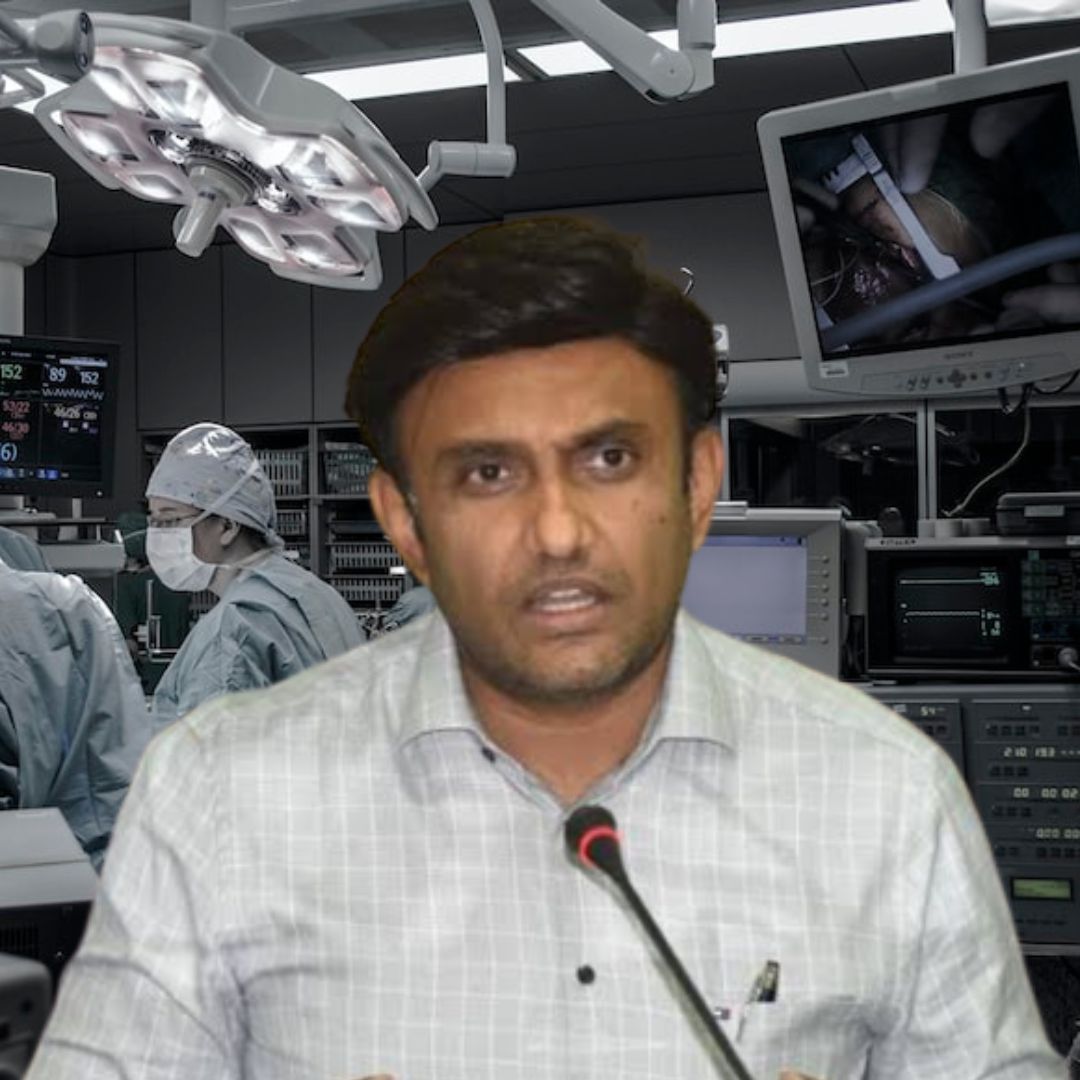
Image Credits: Deccan Herald and Unsplash
Karnataka Govt Sets Aside Rs 23 Crore As Monetary Aid For SC/ST Patients With Rare Diseases
Writer: Laxmi Mohan Kumar
She is an aspiring journalist in the process of learning and unlearning many things. Always up for discussions on everything from popular culture to politics.
Karnataka, 9 Sep 2022 10:39 AM GMT
Editor : Snehadri Sarkar |
While he is a massive sports fanatic, his interest also lies in mainstream news and nitpicking trending and less talked about everyday issues.
Creatives : Laxmi Mohan Kumar
She is an aspiring journalist in the process of learning and unlearning many things. Always up for discussions on everything from popular culture to politics.
Coming across as a relief to patients from marginalised communities, the monetary aid would reduce the burden of high-cost treatments of 'rare' diseases that patients face in private hospitals.
The Karnataka Government announced that they would be utilising an unspent fund of ₹23.18 crores to provide medical aid to the members of Scheduled Caste (SC) and Tribes (ST). Addressing the healthcare gap which arises when a patient from marginalised communities seeks treatment for a "rare" disease, the health department allocated funds so that they can avail the right treatment at private hospitals without worrying about the bills.
This scheme came about because options and facilities for treating such rare diseases are rather limited in government hospitals. They are estimated to reach out to about 465 families annually through the scheme.
Suvarna Arogya Suraksha
An official announcement made by the Karnataka Government on September 8 said that monetary aid is being put into place for the members of the SC and ST community for the high-cost treatment of rare diseases. While the Ayushman Bharat Arogya Karnataka Scheme brings down the medical costs for underprivileged communities, it remains restricted to certain types of diseases.
Additionally, the majority of government hospitals do not house high-cost facilities that could treat "rare" diseases. In such a scenario, patients have to turn to high-cost treatments offered by private hospitals which are not covered by the Ayushman Bharat scheme.
To resolve this concern, the Karnataka government has decided to provide aid under the Suvarna Arogya Suraksha Trust (SAST) using unspent Scheduled Caste Sub-Plan (SCSP) and Tribal Sub-Plan (TSP) funds. As per the report by The Hindustan Times, currently, a total of "₹23.18 crore of unspent allocations exists, and this will be used to fund this new scheme".
Coverage According To National Policy For Rare Diseases
The Minister for health, family welfare and medical education, K Sudhakar, elaborated that the government would be providing ₹10,000 for Positron Emission Tomography (PET) Scan, ₹7 lakh and ₹21 lakh for Autologous and Allogeneic bone marrow transplant, respectively, and ₹1.5 lakh for robotic surgeries.
Funds have also been allocated for treating other rare and high-cost diseases of Group 2 and 3 categories in the list of National Policy for Rare Diseases (NPRD), including sickle cell anaemia, acute Inborn Errors of Metabolism, growth hormone deficiency, Osteogenesis imperfecta, primary immunodeficiency, and even prenatal diagnosis. The treatment costs have been capped and are expected to reach out to 465 families in a year at an estimated cost of ₹4.02 crore.
Also Read: Ayushman Bharat Scheme Extends Inclusive Healthcare Services To Transgender People
 All section
All section














